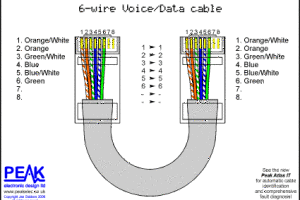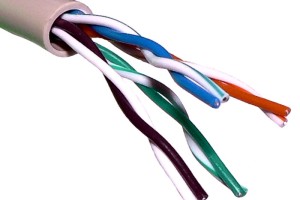How to become a structured cabling contactor
Becoming a structured cabling contractor involves much more than just having the basic knowledge of how to build, install or fix structured cabling systems. Just like every other profession, merely having the basic knowledge of what a profession entails, gives you nothing more than a beginner’s edge. I’m not saying it’s not necessary to have the basic knowledge of what the profession is about, I’m only trying to point out that having just the basic knowledge is actually never going to be enough.
There are quite a number of documents you need to have to become a structured cabling contractor. These documents are very important because prospective clients and organizations who require your services will unfailingly ask you for them. Moreover, some of these documents can be expected from any contractor regardless of discipline or specialization, it doesn’t matter if they are only installing HVAC, electrical power, plumbing or even lighting, these documents should be readily available and produced upon requests. But to become a structured cabling contractor, you need to have more than these documents in your possession. This brings us to the question I’m sure you’re already asking yourself.
What is this document? Or better still what are these documents?
Well, here are a few:
License:
To become a structured cabling contractor, you need to have a license. I’m sure I don’t need to explain to you how important this document is. Your license portrays the most necessary information about your profession and it assures prospective clients that you’re not just some fraud trying to pose as a structured cabling contractor. It shows that you have the authority to undertake structured cabling projects and you’re overly qualified to deliver expected results.
Insurance:
To become a structured cabling contractor, you need have full insurance against uncertainties relating to your profession. Unfortunate situations are bound to happen unexpectedly, which could leave you devastated and probably go on to wreck your business or practice especially if you have no insurance. Having full insurance helps you guide against this.
Professional Certifications:
To be fully qualified, most times your license is not just enough. Most clients would want to see one form of professional certification or the other e.g. BICSI certifications etc. These certifications are important because they serve as endorsements from widely renowned and profoundly honored professional organizations related to your discipline. For example, BiCSi certifications are used to guarantee industry performance standards. So having all or some of these certifications puts you forward as a force to be reckoned with amongst structured cabling contractors.
Apart from having the aforementioned documents, there are also some things you need to know how to do to become a structured cabling contractor. Some of them include;
Blueprints:
You need to know how to create comprehensive blueprints. These blueprints should be comprehensive enough to show everything concerning the system installation. They should also include a set of instructions. You have to make sure your blueprints are fully detailed, try as much as possible to leave nothing out.
Testing and Certification:
You need to know how to test and certify your cabling installations. This is because Testing and certification results prove to you that the system was installed properly and it matches the required specifications. Also, through the readings you get from testing, you can easily tell if something is not right and quickly resort to your blueprints to troubleshoot, locate and fix the problem.
I hope this article has been able to show you one or two new things on what it takes to become a structured cabling contractor.
If you have questions or require more information, please do not hesitate to contact us




